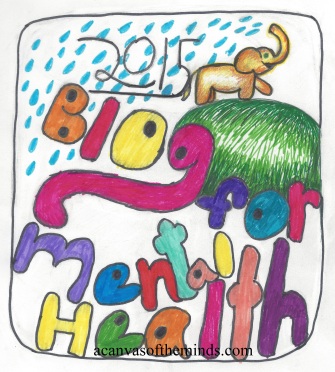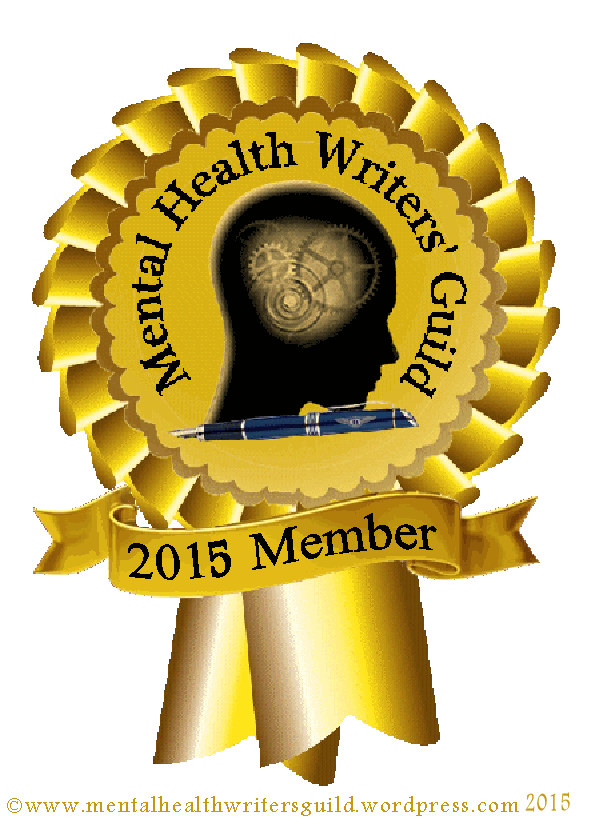
This year I started out with too many New Year’s Resolutions, so I had to do something equivalent to an upgrade to eliminate the bugs. Version NYR2020.1, you might say. This version focuses on discipline in 3 areas:
- physical activity most days of the week
- going to the grocery store 2x/week
- cooking most days of the week
My drill sergeant had a lot more goals in mind. For the new year, for today, tomorrow, the weekend. Lots and lots of goals. For example, my drill sergeant would like #1 to be something like do one day of yoga, one day of strength training, one day of cardio, and show up for all of your court times. When, in reality, I’m not even able to make it to my court times. And that’s actually more like 5-6 goals masquerading as 1.
I’ve read that by the 3 week point, which is today–January 21–most people have abandoned their New Year’s Resolutions. In my opinion, failure to adhere to our goals is due at least in part to our inner critic (drill sergeant in my case), who
- sets unreasonable goals
- tries to motivate us with guilt, shame, and fear of failure
- reminds us of how terribly we are doing compared to others
- tells us that we are weak and lazy
- creates more goals when we’ve checked everything off our list
- never praises us when we do well
- has an all or none approach to success, which usually means failure
I have to remind myself that I don’t have to listen to what he says (mine is a he). I guess this is resolution #4: to be more discerning about my goals. Does it come from the drill sergeant, or is it something that will directly benefit me?
For example, the drill sergeant doesn’t like it when I have clothes that have not been folded and put away. It is an incomplete laundry cycle if you have clean clothes piled on your bed. Or dirty clothes lying all over the floor because your clean clothes are in your laundry basket. This doesn’t even count as doing laundry, the drill sergeant says. The drill sergeant’s goal is to keep repeating this to me over and over again until I do what it says or lose my mind.
But that is one of the places where the drill sergeant tricks you. My goals do not always align with his goals. I can ask myself, does that really benefit me? Putting my clothes away? Compared to using that time to pack lunch for tomorrow so that I don’t have to spend money? If I only have so much energy left at the end of the day, I’d be better off packing lunch. Which still requires that I go to the grocery store. Which is already hard for me. But at least it’s consistent with my goals. Whereas having a complete laundry cycle is not.
Other reasons why we often give up on our New Year’s Resolutions is that we forget. We’re tired. We are unmotivated. We’re hungry. We want comfort. We want something to be easy. In other words, we are human. Which is OK, because not being human isn’t an option.
In fact, I try to think of my resolutions as intentions. Every day, these are my goals. And when I am too tired to exercise, too hungry to go to the grocery store or cook, then I practice self-compassion and do whatever will be most helpful for me in that moment. And the next day I start again, because intentions are renewable. Indefinitely.
The drill sergeant is usually saying negative stuff the whole time that I deviate from his plan, but I try cultivate an attitude of acceptance, forgiveness, and kindness in the midst of his negativity. Because I am my most motivated self in a loving environment, so that’s what I try to create.














